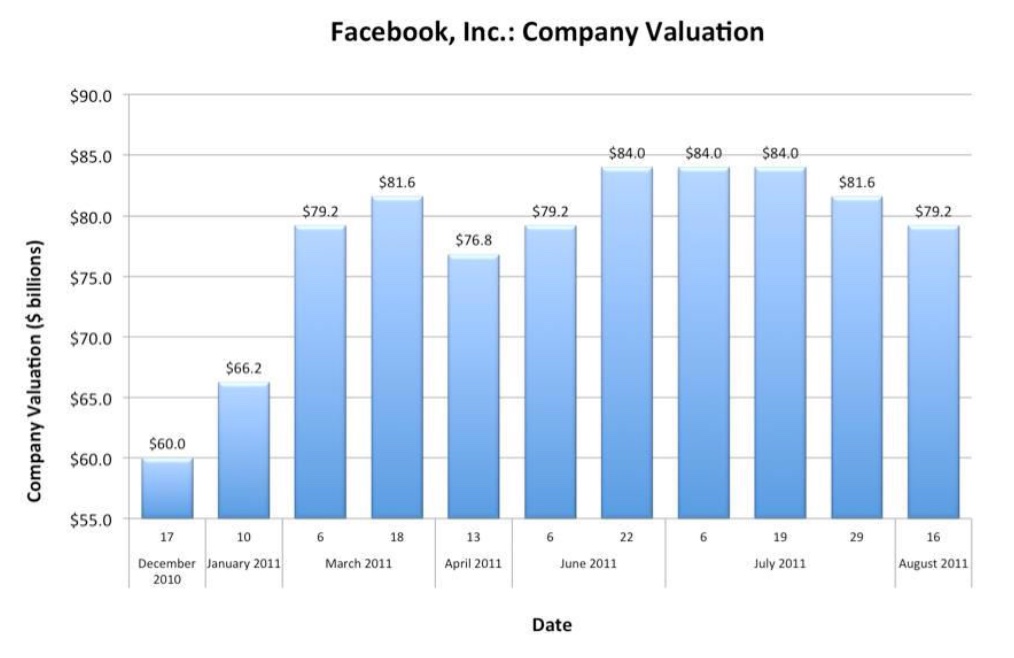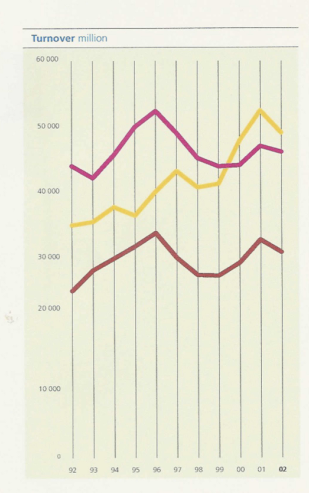Data Ethics and Bias#
Hello World Discussion#
Power
Data
Lies, Damned Lies, and Statistics#
“If you can’t prove what you want to prove, demonstrate something else and pretend they are the same thing. In the daze that follows the collision of statistics with the human mind, hardly anyone will notice the difference.” – Darrell Huff, How to Lie with Statistics, 1954
Since the dawn of statistics in the 17th century statistics have been used used to guide and mislead. Here we’ll discuss a few of the ways issues can arise when working with datasets.
Garbage In, Garbage Out
No amount of statistical work can make up for unreliable or missing data.
Don’t assume data independence.
Tests are Imperfect
False negatives
False positives
Pictures Can Be Deceiving
Examples via Finding Examples of Misleading and Deceptive Graphs




Cum Hoc Ergo Propter Hoc
Correlation is when two variables move via some relationship
Positive correlation when they move in the same direction
Negative correlation when they move in opposite directions
Zero correlation, there is no relationship
Statistical Measures Don’t Tell the Whole Story
Look at the raw data
Data reduction (be wary of extrapolation)
Sampling Bias
Non-response bias
Convenience or accidental sampling
Context Matters
Statistics must be thought of in the wider context
Large Language Models#
Large language models (LLM) are machine-learned models trained on extremely large datasets through the process of deep learning. Generally, an LLM is distinguished from a standard language model by its conversational proficiency and reasoning capabilities.
Notable LLMs include OpenAI’s GPT-3, ChatGPT, and GPT-4, Google’s Bard, and Meta’s LLaMA. Microsoft’s Bing Chat uses GPT-4.
Company |
LLM Link |
Notes |
|---|---|---|
OpenAI |
Requires free account. |
|
Requires free account. |
||
Microsoft |
Requires free account and the Microsoft Edge browser. |
|
Meta |
Requires application to private beta. |
Use of these models has prompted many discussions on how they can be used constructively, how they can be abused, and how to effectively manage their biases.